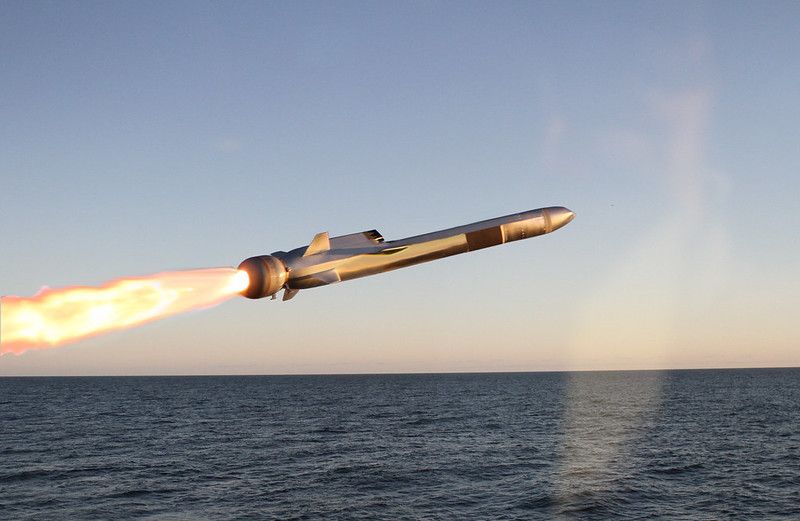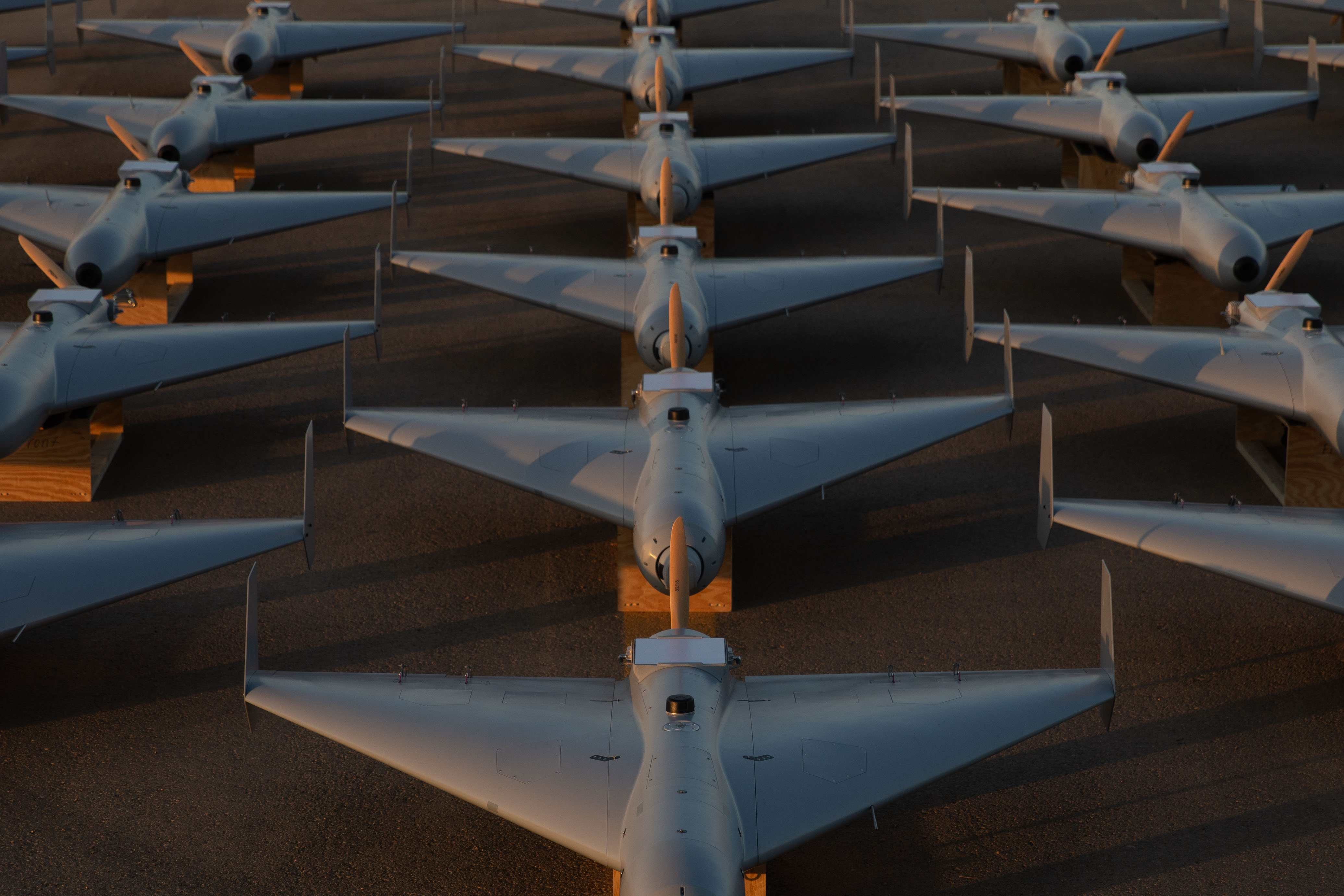
Denmark has become the fourteenth country to purchase the Naval Strike Missile from Kongsberg.
Denmark’s three Iver Huitfeldt-class frigates will be equipped with the Naval Strike Missile (NSM) from Kongsberg Defence and Aerospace (KDA), replacing Boeing’s RGM-84 Harpoon missile.
The NOK2.1 billion (USD196 million) deal, facilitated by Norway, was signed on 6 March, according to the Norwegian government’s press release.
Denmark will receive deliveries between 2025 and 2030.
The contract was signed between KDA and the Norwegian Defence Materiel Agency (FMA) on behalf of Denmark as part of an agreement between the two countries, the Kongsberg press release stipulated.
KDA and the Royal Danish Navy have not yet responded to DSEI’s request for comment on the number of missiles purchased and the importance of upgrading Denmark’s missile capabilities.
This acquisition is part of a “rapid procurement process” ironed out between the FMA and Denmark’s Defence Acquisition and Logistics Organisation (DALO). The new process includes “ship-based equipment, training, and logistical support”.
The deal, including the expedited acquisition agreement, is part of broader efforts to improve defence cooperation between the two countries.
It follows a meeting between the two countries' leaders in Oslo in February where they discussed the joint acquisition of ammunition as well as investment in platforms, weapon systems, and sensors.
The replacement follows Denmark’s donation of Harpoon missiles to Ukraine in Spring 2022.
Denmark joins regional partners such as Belgium, Germany, the Netherlands, Norway, and the UK in acquiring the NSM, as part of efforts to boost interoperability.
Tags
- acquires
- acquisition
- become
- between
- countries
- country
- deal
- defence
- denmark
- denmarks
- fourteenth
- harpoon
- kda
- kongsberg
- missile
- naval
- nsm
- part
- purchase
- strike
- two
- usd196m
Providing impartial insights and news on defence, focusing on actionable opportunities.
-
It marks a major step-change in Canada’s approach to defence procurement.
-
It comes as the company announces its first dual-use spin-out.
-
Most of those competing are US-based small businesses.


)
)

